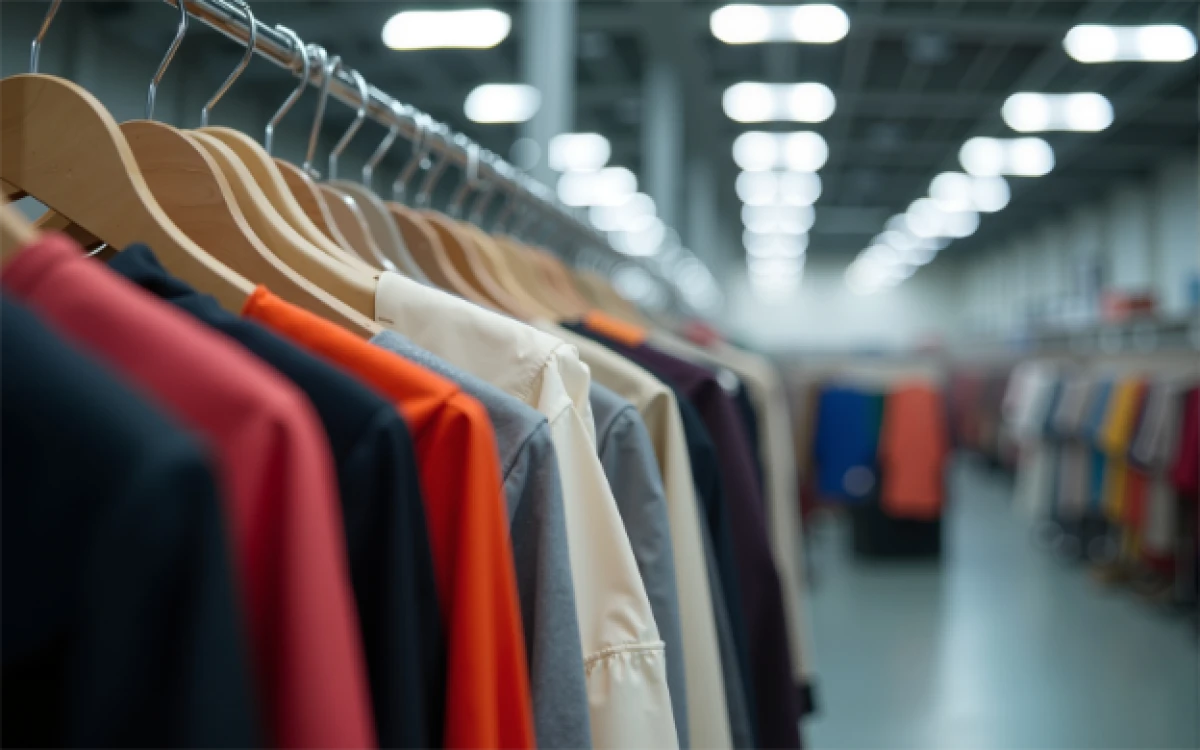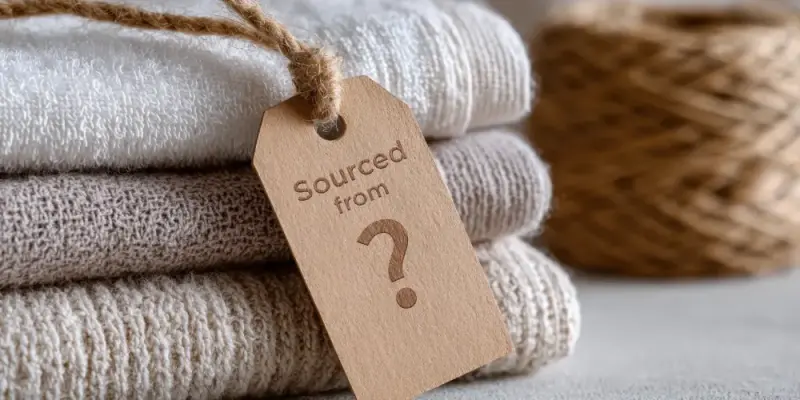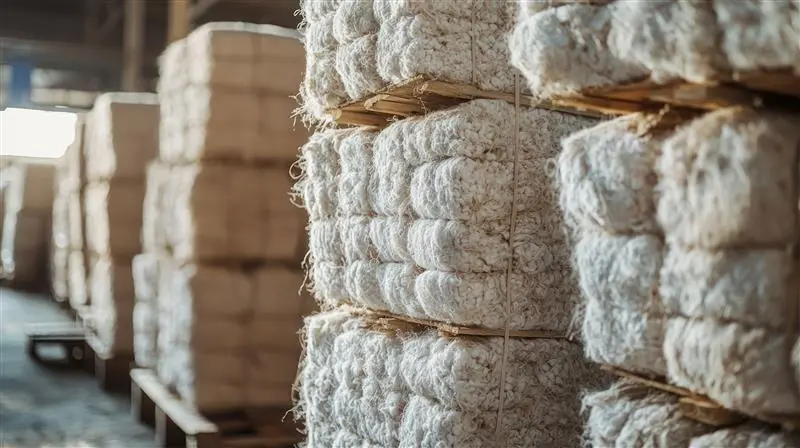Proof, Not Promises: The Forensic Path to Compliance
By Rupert Hodges | 11 August 2025
minutes to read.

One of the biggest issues I see when visiting businesses around the world is the disconnect between policy and practice. Regulators enact legislation, brands attempt to address this – but something is lost in application.
The reason for this is that many businesses are still relying on fragmented systems, supplier declarations, and unverified data. And recent events reflect that this is no longer enough.
A well-publicized legal case in Australia has sent a clear warning to global brands: you must prove that what you say is happening is actually happening on the ground. Recent actions by consumers, advocacy groups, and NGOs are using the law to close the enforcement gap on forced labor, turning public commitments into potential liabilities.
The companies in the crosshairs aren’t always those without policies, but those whose statements can’t be backed by objective, verified data. This gap between promise and practice is often fueled by fragmented systems, opaque supply chains, and overreliance on supplier self-reporting.
The regulatory drive for ethical sourcing
A wave of global regulations has emerged over the last decade to address forced labor at scale. In FY 2024, the U.S. Customs and Border Protection (CBP) stopped more than $1.75 billion worth of shipments suspected of being made with forced labor under the Uyghur Forced Labor Prevention Act (UFLPA).
Similar regulations in Canada and the UK, along with EU Forced Labour Ban, reflect a unified global push for ethical sourcing and supply chain transparency.
Since its introduction in 2019, Australia’s Modern Slavery Act has aimed to improve transparency and public accountability in supply chains. The Act requires large businesses to report annually on the risks of modern slavery in their operations and supply chains, and the steps they are taking to assess and address those risks.
But while the law has raised awareness, it has also exposed how many businesses still struggle to translate compliance into credible proof - and the reputational, legal, and operational risks are growing.
Proof of origin protects business
Oritain is a global leader in product origin verification. Our innovative forensic science is trusted by world’s leading brands to achieve regulatory compliance, reduce reputational risk, and meet market demand through proving the provenance of their products.
1. Protect your brand from reputational and legal risks
When modern slavery allegations arise, even if they prove unfounded, the impact on brand perception can be costly, and the damage to customer trust can take years to rebuild. The businesses that stay ahead are the ones that treat verification as a strategic tool, using it to uncover sourcing risks before they surface publicly.
2. Independent, science-backed assurance
Unlike traditional methods or digital tools that can be manipulated or limited by the data they are fed, Oritain’s forensic approach analyses the product itself by measuring stable isotopes and trace elements that are naturally absorbed from the soil, climate, and environment where the fiber is grown. It’s not based on external tracers, added markers, or documentation; it’s based on science.
3. Future-proof against modern slavery legislation
The reporting requirements under the Modern Slavery Acts are already significant, but the direction of travel is toward stronger due diligence laws with more enforcement teeth. Waiting until that happens forces businesses into a reactive mode, trying to scramble for evidence and processes that could be built over time. Forensic verification seamlessly fits into compliance programs, providing scientific evidence recognized and used by enforcement agencies like the United States CBP. By putting forensic verification into your risk management approach now, you are set up for the next wave of legislation, not caught off guard by it.
4. Transparency builds a resilient industry
Retailers and suppliers share responsibility for ethical sourcing. The more a brand pushes verification upstream, the more it changes supplier behavior, as suppliers know products can be tested any time. That creates a chain of accountability where everyone is conscious of the fact that claims are not just going into a form but can be checked. Oritain works with the full value chain, from growers to brands, to strengthen accountability, reduce vulnerability, and build consumer trust.
5. Moving from reactive to proactive
Waiting for legal action or public backlash is a costly and ineffective approach. Oritain empowers companies to take a proactive stance by using forensic verification to identify and mitigate risks early. With material-level proof, businesses can control their narrative and prevent crises before they arise.
At Oritain, we believe trust is built on verified data, not paperwork. Speak with us today to learn more.
Disclaimer: The information provided in this document does not and is not intended to constitute legal advice. Instead, all information presented here is for general informational purposes only. Counsel should be consulted with respect to any particular legal situation.




